
Welcome To The Data Leak Lawyers Blog
We focus on the latest news surrounding data breaches, leaks and hacks plus daily internet security articles.

We focus on the latest news surrounding data breaches, leaks and hacks plus daily internet security articles.
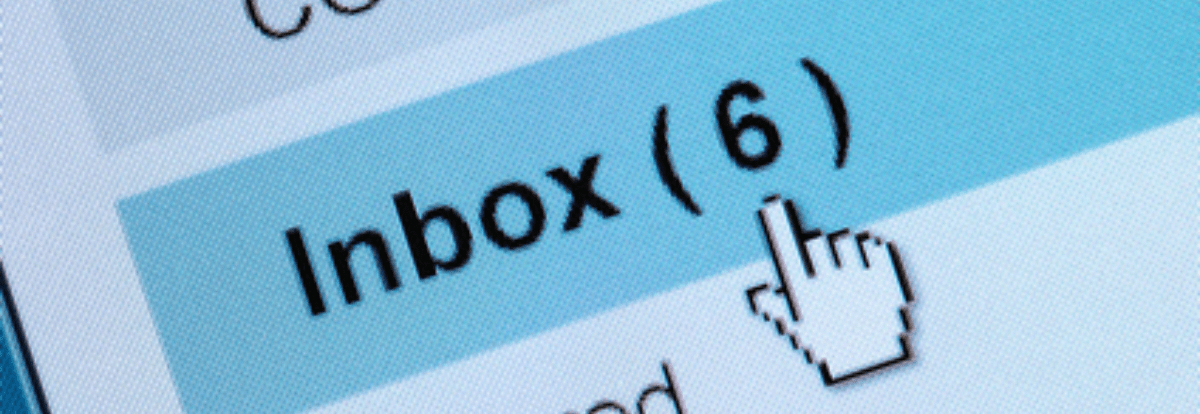
A Bupa data breach has led to a significant fine from regulators in the sum of £175,000.00 after 198 complaints were made.
The breach period occurred between January and March 2017, meaning it has not attracted a GDPR fine. However, a large fine was levied because Bupa were found to have failed to take enough action to protect their customers’ data.
It has also transpired that customer data was vulnerable at the time of the initial data breach. This stemmed from a lack of monitoring of their customer relationship management system, known as SWAN.

Former GP Dr Thair Altaii was found guilty of voyeurism at Newcastle Crown Court earlier this year. Over 19,000 images of women were found in his possession.
The 55-year-old former “trusted family doctor” was caught with the images and video footage after a patient raised concerns about being recorded. During her appointment, she’d noticed two mobile phones propped up; one facing a chair, and the other facing the examination table. Police were informed, and after Dr Altaii initially denied having any such material in his possession after arrest, a shocking discovery was later found when his laptop was seized.
Here, we’ll look at this in terms of legal advice for a data protection claim.
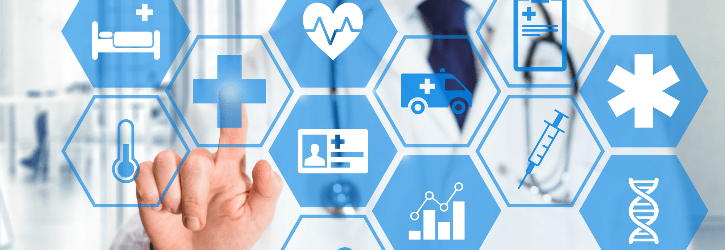
The issue of the NHS sending wrong patient records simply must stop. It’s a common form of breach that often leaves victims with no choice but to start legal action.
As a victim of the NHS sending the wrong patient records, which includes your records, you can be eligible to claim for data breach compensation. It typically happens where information is legitimately requested, but they either send out the wrong patient records or accidentally include the wrong patient records with the request.
There have been plenty of news stories and ICO interventions where the NHS has not handled patient records correctly, and we feel more should be done to prevent such issues.
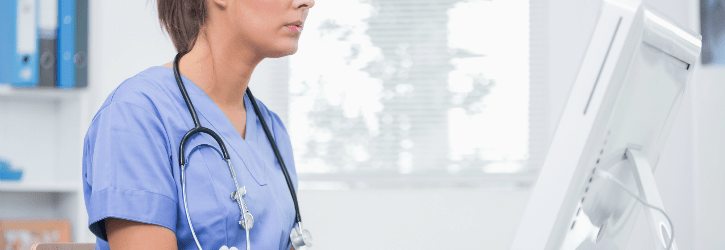
We are representing people claiming in an NHS Digital compensation action we have initiated for victims of the recent NHS data breach.
Some 150,000 patients who had registered for the “type 2 opt-out” of their data being shared from their GP using the SystemOne application were subject to a coding error that resulted in their opt-out not being honoured. As such, their private and sensitive medical data that they had specifically opted out for being shared with NHS Digital was in fact shared because the coding error resulted in the opt-out notification not being referred to NHS Digital.
This was an entirely avoidable incident which is why we have launched NHS Digital compensation cases for those who have been affected and have contacted us asking for our help and representation.
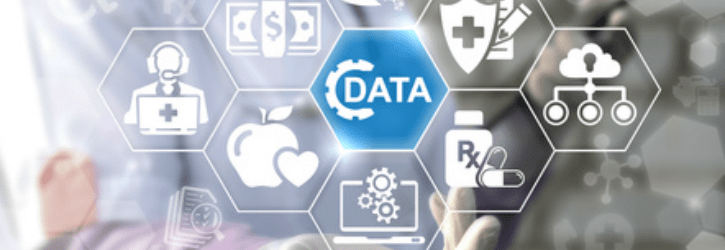
The Poole Hospital data breach stemmed from the simple act of patient data being exposed from a stolen bag.
It’s understood that the stolen bag had been discarded and hidden in the hospital and contained patient data; the likes of which is always private and very sensitive. This is yet another simple data breach stemming from an entirely avoidable incident, and it doesn’t help the already problematic situation of healthcare sector data breaches.
Patients affected by the Poole Hospital data breach have been informed of the incident.

Our NHS Digital data breach compensation action is well under way with a number of victims affected by the huge data breach already signed up to our service.
News of the massive breach affecting some 150,000 patients came just weeks after the new GDPR legislation came into force at the end of May 2018. A simple case of a software error is the underlying cause of the NHS Digital data breach, and with the healthcare sector already leading the way in terms of data breach incidents, this situation is unwelcome news.
Many people have approached us for help, and our Data Leak Lawyers have listened to their concerns and agreed to take cases forward.
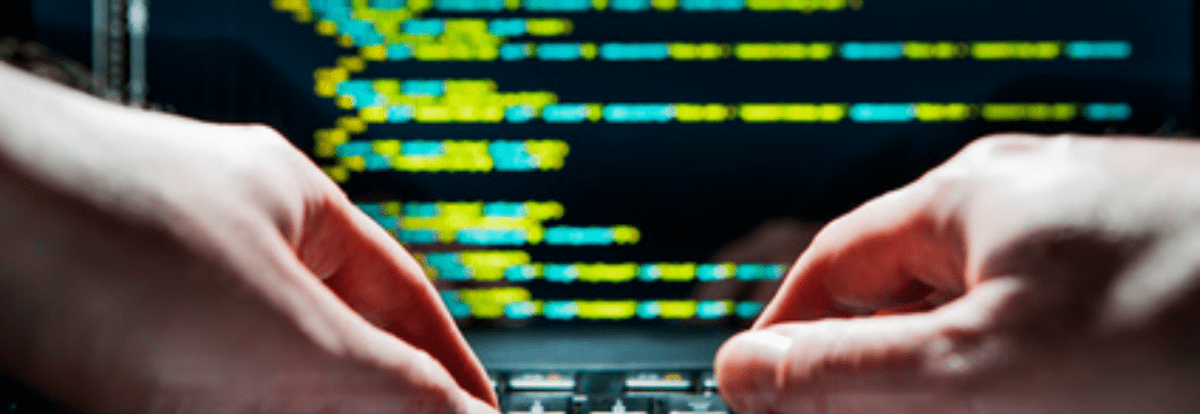
An NHS data breach hit 150,000 after an IT glitch failed to record the wishes of patients who had opted-out of their medical data being used for research and auditing.
We’ve already accepted a number of cases for patients who have been affected by the huge NHS data breach. We are taking forward claims for data breach compensation for anyone who has received notification that they have been affected by the breach.
With 150,000 patients affected by the issue, this is a huge breach with the potential for GDPR implications to be imposed.

A massive NHS data breach affecting 150,000 people in England was reportedly caused by a simple coding error with GP software.
The SystemOne application used by GPs reportedly failed to record patient objections to their data being shared for reasons excluding when it is required for help and care. This meant that those who had specifically opted-out for health data sharing have had their health data shared without their consent because the objections were not passed over to NHS England’s IT provider.
One simple software issue leads to a massive NHS data breach…

A medical centre data breach has led to a huge fine from the UK’s data watchdog, the Information Commissioner’s Office (ICO).
Medical centres and medical practices must, at all times, ensure the data they hold is safe and secure given the nature of the data they’re in charge of. Any failure to uphold this important duty can lead to huge fines and legal action to claim data breach compensation for the victims.
London-based Bayswater Medical Centre left medical records and personal medical data exposed in an old address for over 18 months, leaving them with a justifiable fine of £35,000.00

The circumstances surrounding the Ed Sheeran hospital data breach is not an uncommon occurrence.
Two members of staff at the Ipswich Hospital were disciplined for illegally accessing Ed Sheeran’s private medical information after he’d sustained injuries from a bicycle accident, with the star suffering from a broken his right wrist and left elbow that led to tour dates being cancelled.
One staff member embroiled in the data breach has been sacked while the other has reportedly received a written warning after being caught accessing Ed Sheeran’s personal details without any reason; but this kind of behaviour is not uncommon.
EasyJet admits data of nine million hacked
British Airways data breach: How to claim up to £6,000 compensation
Are you owed £5,000 for the Virgin Media data breach?
Virgin Media faces £4.5 BILLION in compensation payouts
BA customers given final deadline to claim compensation for data breach
Shoppers slam Morrisons after loyalty points stolen
Half a million customers can sue BA over huge data breach
Lawyers accuse BA of 'swerving responsibility' for data breach
The biggest data breaches of 2020
Fill out our quick call back form below and we'll contact you when you're ready to talk to us.